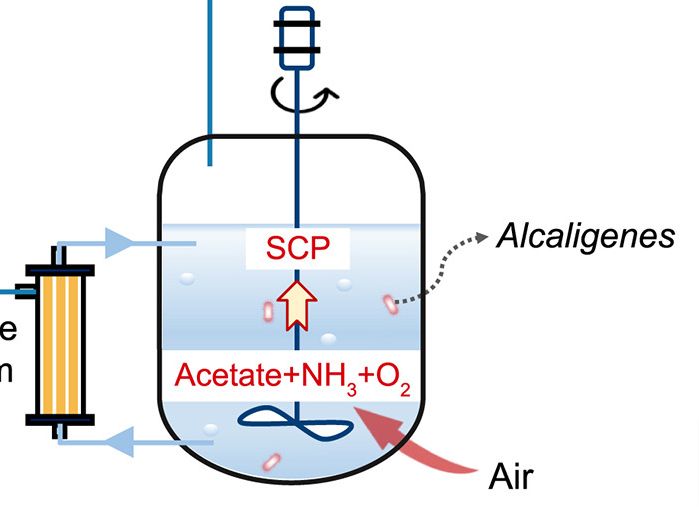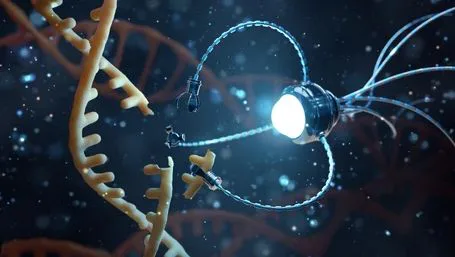
Coral reefs harbour the highest biodiversity of any ecosystem globally. Constant rise in temperature is causing havoc to marine life as well.
Coral reefs across the globe are suffering from bleaching and mass mortality due to warming ocean temperatures. Recent research by King Abdullah University of Science and Technology (KAUST) shows probiotic treatment can boost coral health.
Coral reefs are home for many aquatic organisms. Coral itself is in a symbiotic relationship with algae to create a balance within the ecosystem.
Photosynthetic algae
Inside their body are living tiny plant cells, called photosynthetic algae. Like all plants, they photosynthesize. With the help of energy that they receive from sun, they produce sugars. Enough for them and for their coral hosts. Algae and coral together build the reef.
However, currently this relationship is at stake due to warming up of the oceans. Consequently, the reef as we know it, is disappearing fast.
What happens when temperature gets too high for corals?
The number of algae cells living throughout the coral is astounding. Around a million in every square centimetre.
Coral is also called the foundation species because the structure it builds supports other underwater life forms. Therefore, symbiosis alone is the keystone species. The corals cannot survive without them. And likewise, the reef.
When temperature gets too high, the corals reject the algae living inside them, and the process is termed as bleaching.
Bleaching
Bleaching is the breakdown of this symbiotic relationship. Under high temperatures, instead of creating food, they produce an irritant to the coral. Consequently, the animal kick-off the plant cell out of their system.
What remains is white or colourless structure. All color and vibrancy just goes off.

Probiotics help survive heat stress
KAUST researchers have come up with an ideal solution. Their study postulates that by introducing corals with probiotic cocktail of beneficial bacteria post bleaching event can increase their survival rate.
Manipulation of the coral microbiome boosts their stress tolerance.
As per the approach, corals are to be mingled with probiotic bacteria before a predicted heat wave.
The study involved 6 strains isolated from the coral Mussismilia hispida. After preserving them for experimental cultures, they were exposed to heat stress treatment. Temperature was gradually increased to 30 degrees Celsius over the course of 10 days and then dropped to 26 degrees Celsius. One group was treated with probiotic BMC (Beneficial Microorganisms for Corals).
Health status of corals were tracked constantly. Microbial diversity and metabolic parameters were observed in-presence and without presence of probiotics or heat stress.
As long as the temperature was moving towards peak, both the corals groups – with and without probiotics – bleached. However, when the temperature was dropped, group that was under probiotic treatment (BMC) boosted survival from 60% to 100%.
Further study also revealed interesting molecular mechanisms for corals that were under the influence of BMC probiotics. For instance,
- they had lesser number of genes involved in apoptosis and cellular reconstruction
- there was an increase in the number of genes that were responsible for thermal stress protection and
- there was change in the microbiome profile including the population structure of algae.
Goal to select probiotics
BMC is not the only treatment to attain the desired result because different places with different species will require a totally different set of probiotics depending on their microbiome.
However, one thing is sure, microbes rule the world as they keep the balance of nutrients in all form of life. Hence, life depends on their survival.

Takeaway
The research interprets BMC or any other probiotic as an effective tool in combating the consequences of climate change to marine life. However, researchers are of the view that other interventions too have to be considered.
Protection, conservation and awareness are the most important factor that will help mitigate the problem of coral extinction. This is the only way we can preserve the most threatened ecosystems on Earth.



